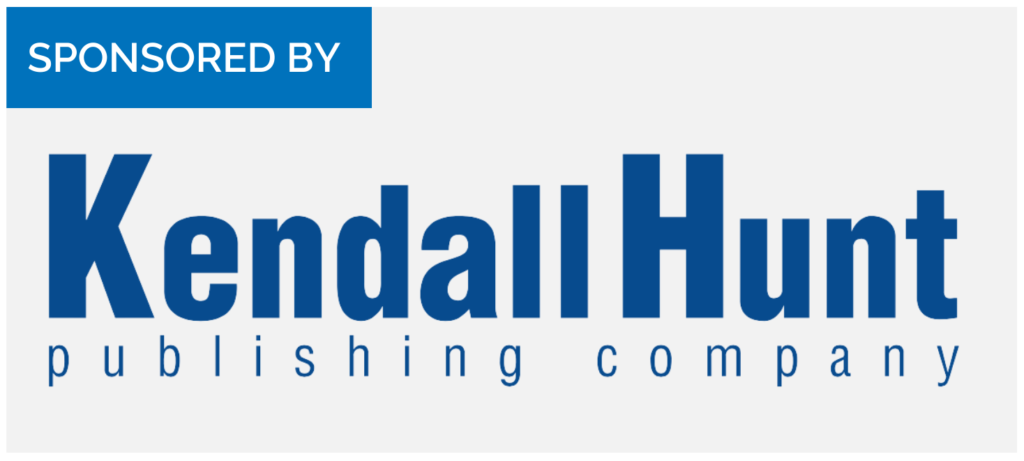During a career spanning several decades, I have often reflected on the relationship between teaching and textbook writing. Indeed, in my experience, every successful textbook author I have met or read about has always been a very accomplished—often a prize-winning—teacher. The reverse does not seem to be the case, however. I know of excellent teachers whose textbooks never gained traction. And there are thousands of great teachers who do not have the slightest interest in writing a textbook. (I too never aspired to textbook authorship until a publisher approached me about becoming the junior author of the leading introductory art history textbook. I eventually consented because I found enormously appealing the prospect of extending my teaching nationwide and reaching tens of thousands instead of hundreds of students every year.)
Why start a writing journal?
If you’re having trouble getting serious about writing in the new year after all the holiday time away, consider a writing journal. It’s an almost painless way to sneak back into writing and a longstanding writer’s tool to record and develop ideas, work out projects and plots, and save meaningful aphorisms and perfect overheard phrases. Whether you’ve kept a journal for decades, or have never started one, a journal not only can help you write more but also make your writing more effective.
Holiday tactics to honor your all-important academic project
The holidays can be wonderful times for reconnecting with family and friends; taking breathers from the daily-weekly-yearly chase of accomplishment; kindling or rekindling feelings of love, warmth, and generosity even to those who’ve published much more than you; and indulging in delectable seasonal goodies. But we academics often feel conflicted about how much time to “take off.”
Maybe we’re feeling the pressure of having to participate in holiday events. Maybe we’re worried about being grilled by well-intentioned family or friends about the progress of our dissertation, article, or book. Maybe we’re very aware of the dangerous loss of momentum from our work. Maybe we just don’t like all those jolly gatherings.
Here, from clients who have suffered through such “maybes,” I suggest three holiday strategies you can apply, depending on the severity of your “maybes” and your fortitude.
Join Us Throughout the Month of November for #AcWriMo – Academic Writing Month
Every November, the Textbook & Academic Authors Association (TAA) joins with academic authors around the world to recognize and promote the month-long academic write-a-thon event, Academic Writing Month (AcWriMo). Started in 2011, this event encourages academic authors to focus on daily writing habits that move their projects closer to completion.
TAA is partnering with SAGE Publishing’s Methodspace to offer several resources for #AcWriMo throughout November 2022. Visit the TAA Blog each week in November for an article related to this year’s AcWriMo theme, “Intellectual Freedom & Integrity”.
Visit TAA’s AcWriMo 2022 page for events and activities open to TAA members and non-members.
Textbooks as scholarship and agents of change
Virtually all faculty in academia, regardless of discipline and institution, are aware of the ongoing debate concerning “what counts” when considering criteria for raises, tenure, and promotion. In more than a few cases, the debate centers on whether textbooks are “real scholarship.” Alred and Thelen, in their 1993 paper outlined some of the common anti-text arguments. In our article in Kinesiology Review (Corbin, Yu, & Gill, 2022), we discuss textbooks as scholarship and address some of the anti-textbook arguments. In addition, we argue that textbooks are agents of change that have influenced both disciplinary and professional studies in academia.
New Fall 2022 TAA Webinars – Learn and Grow
Join us as industry experts share their expertise on academic and textbook writing topics and learn and grow in 2022.
Fall 2022 Webinar Series
The Essential Actions of Academic Writing
When: Monday, September 19, 3 p.m. ET
Presenters: Nigel A. Caplan, PhD, Associate Professor and Manager, Graduate Programs and Online Learning, University of Delaware English Language Institute; and Ann M. Johns, PhD, Professor Emerita, Linguistics and Writing Studies, San Diego State University







